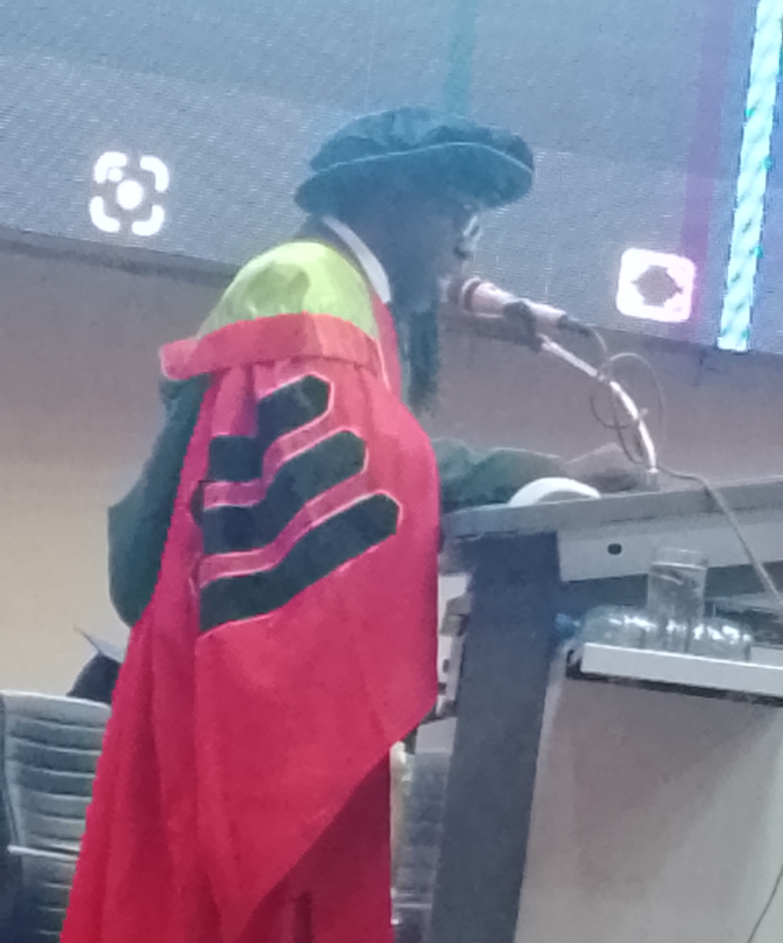A Professor of Forest Resources Management at the University of Ilorin, Folaranmi Dapo Babalola, has urged Nigerians to do away with ancient misconceptions linking forests to fear and mystery, and instead recognise their crucial role in sustaining life and the environment.
Delivering the 277th Inaugural Lecture of the University titled “The Beliefs, Myths, and Facts About Forests and Their Connection to Humanity”, Prof. Babalola described forests as vital to biodiversity, food security, medicine, income generation, and climate protection.
“Forests are not places of fear or mystery, as commonly perceived. They are biodiversity hotspots, sources of food, medicine, income, and, most importantly, crucial protectors of our climate,” he said.
He called for a nationwide reorientation campaign, particularly targeting the youth, to promote forest conservation and halt the rising rate of deforestation and environmental degradation across Nigeria.
The professor emphasized the need to preserve indigenous tree species like Iroko, Mahogany, and Shea, which he said are of immense cultural, economic, and ecological value. “We must restore these trees not just for their aesthetic value, but for the vital ecological balance they support,” he added.
Prof. Babalola also recommended a blend of traditional knowledge and modern science in forest management. He expressed concern over increasing criminal activities in forested areas and called on the government to boost security and surveillance efforts.
He appealed to both the Nigerian government and academic institutions to invest more in forestry education, research, and infrastructure. He cited the University of Ilorin’s Teak plantation as a potential model for forest research and sustainable development.
Babalola further urged the private sector to get involved in forest restoration through afforestation initiatives and participation in carbon credit markets. He also called for the strengthening of the university’s Department of Forest Resources Management and the Campus Tree Management Committee to position the institution as a centre of excellence in forest conservation.
“Forests are not relics of the past—they are the future. Neglecting them puts our climate, economy, and very existence at risk,” he concluded.



Leave a Reply